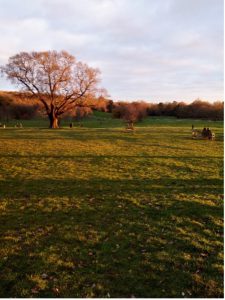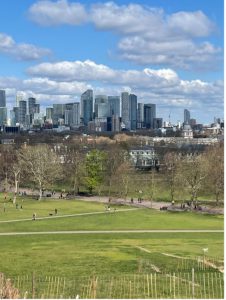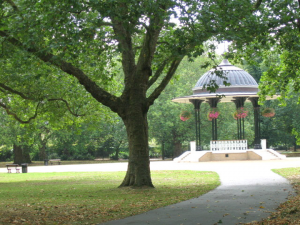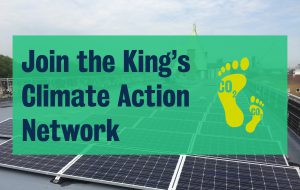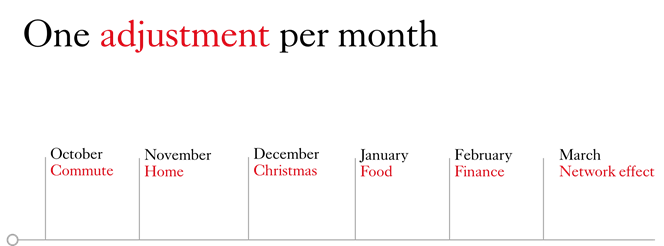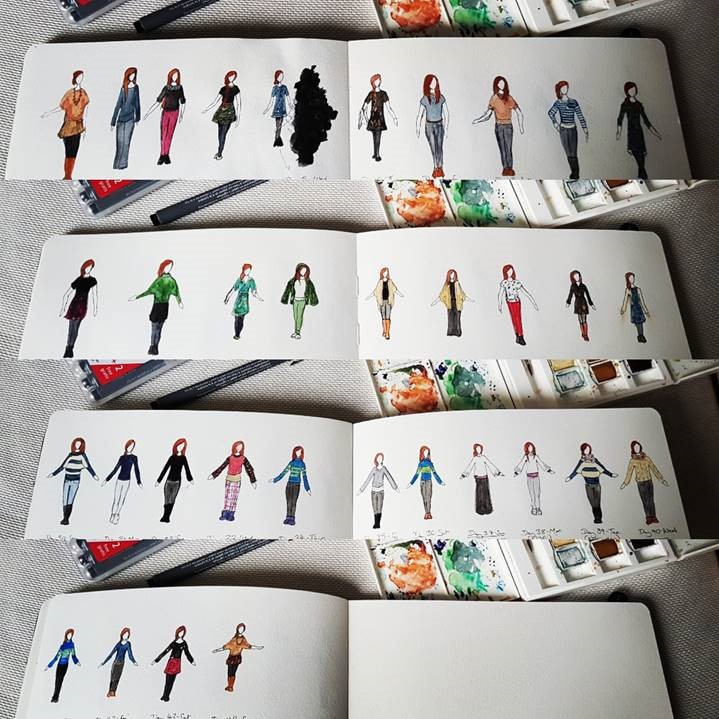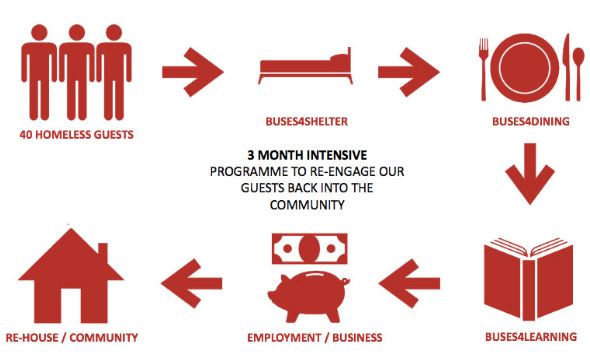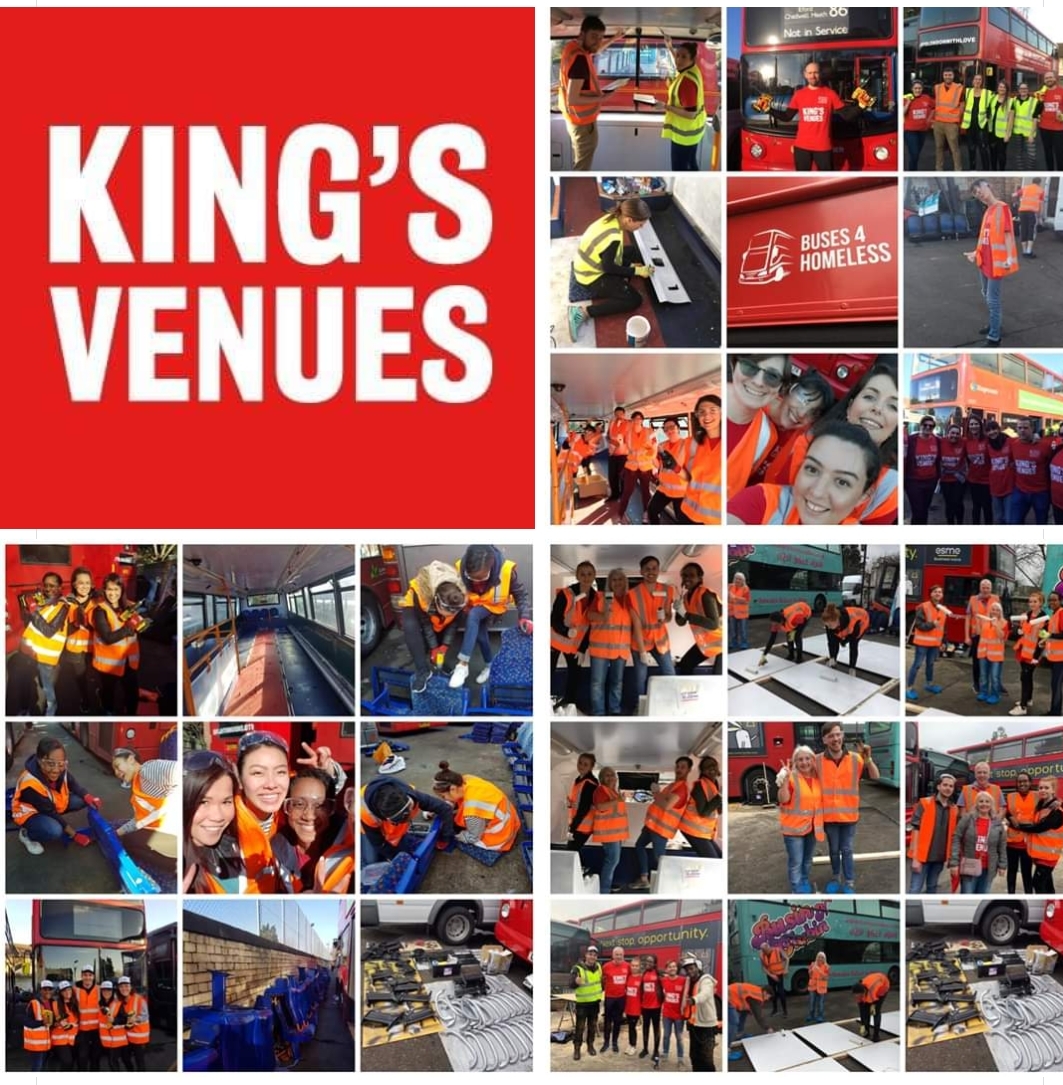As we approach a new academic year, we wanted to take the time to introduce ourselves – the people behind sustainability at King’s!
Kat Thorne – Director of Sustainability
Kat is the director of Sustainability at King’s and oversees all aspects of embedding sustainability across the college. Kat not only manages the sustainability team but decides on its overarching environmental aims and objectives. She also decides, with input from the wider Estates and Facilities team, on the projects and programs and strategies and actions plans required to deliver on those aims and objectives. She has nurtured the sustainability team to where they are today, ensuring that both staff and students are aware of the importance of their role in ensuring King’s reaches its net Zero Carbon Target by 2025. She held the same position at the University of Greenwich until 2013, helping the university achieve first place in People & Planet’s Green League.
Nicola Hogan – Sustainability Manager (Operations)
 Nicola’s main responsibility is ensuring King’s continues to be accredited with the environmental management system ISO14001 and that sustainability is built into the design and construction of any new buildings and refurbishments across the estate. Nicola also manages several other and varied aspects of environmental operations at King’s ensuring each of the campuses environmental footprint remains a small as practicable. Prior to joining the team, Nicola worked at Goldsmiths, University of London, the EAUC and the University of Limerick – in both managerial and research roles.
Nicola’s main responsibility is ensuring King’s continues to be accredited with the environmental management system ISO14001 and that sustainability is built into the design and construction of any new buildings and refurbishments across the estate. Nicola also manages several other and varied aspects of environmental operations at King’s ensuring each of the campuses environmental footprint remains a small as practicable. Prior to joining the team, Nicola worked at Goldsmiths, University of London, the EAUC and the University of Limerick – in both managerial and research roles.
Josh Pullen – Waste to Resource Project Coordinator
Josh is managing the Waste to Resources project which aims to increase the university’s non-hazardous waste recycling rate to 70% and increase the reuse of bulky waste such as furniture.
Maria Rabanser – Sustainability Officer
 Maria manages the King’s Climate Action Network (King’s CAN) and works on the development of our Climate Action Strategy, as well as on sustainability data and reporting.
Maria manages the King’s Climate Action Network (King’s CAN) and works on the development of our Climate Action Strategy, as well as on sustainability data and reporting.
She graduated from the Department of Geography at King’s in 2015 and completed an MSc at LSE before joining the Sustainability Team in September 2016.
Ali Hepple – Sustainability Officer
 Ali’s main focus is around engagement, organising events, supporting the 500+ staff in the Sustainability Champions programme and students across the university on various projects.
Ali’s main focus is around engagement, organising events, supporting the 500+ staff in the Sustainability Champions programme and students across the university on various projects.
She joined the Sustainability Team in October 2018 after completing her BA in Geography at King’s. During her degree, she supported the University of London’s Reduce the Juice programme, developed an initiative to introduce vegan meals in University of London halls, and supported King’s Food in submitting their first Sustainable Restaurant Association rating.
Julie Allen – Energy Manager
Julie manages King’s Energy, which includes the utilities budgets and contracts, and leads on delivering, updating and monitoring the University’s Carbon Management Plan. She is continually searching for energy-saving opportunities to reduce King’s emissions and overall environmental impact.
Angeliki Karydi – Energy Management Coordinator
Angeliki joined King’s in December 2019, after completing her MA in Corporate Sustainability at Radboud University. She supports Julie as part of the energy team and is responsible for energy data analysis and reporting.
Jone de Roode Jauregui – Climate Action Assistant
Jone supports our work around climate action and the development of the Climate Action Strategy.
She recently completed her BSc in International Management at King’s, during which time she was actively involved in the King’s CAN, as a sub-group member and team volunteer.
Rachel Harrington-Abrams – Climate Action Assistant
Rachel supports our work coordinating climate-related research and education across the university as part of the King’s Climate Action Strategy.
She is also a PhD student in the Department of Geography, researching the multilateral governance of climate change adaptation decision-making, and works in the Sustainability team alongside her PhD for two days a week.
Emily Read – Engagement Assistant
Emily supports the team with engagement and communications, and leads on the forthcoming sustainability podcast.
She is also completing her PhD in Cell Therapies and Regenerative Medicine at King’s.
Bethan Spacey – Engagement Assistant
Bethan supports the team with engagement and communications, and leads on creating digital content.
She is also a 3rd year BA English student at King’s, and former president of King’s VegSoc.
Helena Fazeli – Engagement Assistant
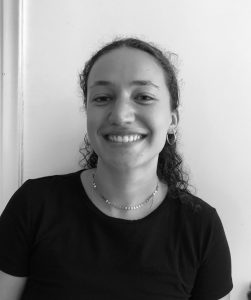 Helena supports the team with engagement and communications, and leads on the Sustainability newsletter and blog.
Helena supports the team with engagement and communications, and leads on the Sustainability newsletter and blog.
She completed her BA in Geography at King’s in 2020 and recently moved back to London after living in Chios, Greece and volunteering with an education-focused NGO working with asylum-seekers and refugees.






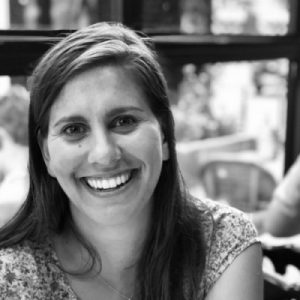
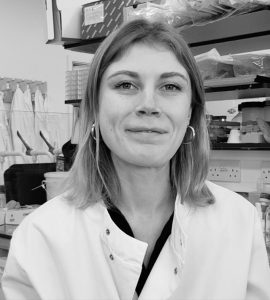


 .
. 